45 misleading claims on food labels
How to Read Food Labels Without Being Tricked - Healthline Aug 19, 2020 · In fact, research shows that adding health claims to front labels makes people believe a product is healthier than the same product that doesn’t list health claims — thus affecting consumer ... American Family News Aug 02, 2022 · American Family News (formerly One News Now) offers news on current events from an evangelical Christian perspective. Our experienced journalists want to glorify God in what we do.
Six Meaningless Claims on Food Labels - The New York Times Here are six common but misleading claims included in the C.S.P.I. report. Lightly-sweetened: Cereal packages often contain the phrase "lightly sweetened" to suggest less sugar. The Food and Drug Administration has regulations concerning the use of "sugar free" and "no added sugars" but nothing governing the claims "low sugar ...

Misleading claims on food labels
Weekly Topic: Editorial - Misleading food labeling Misleading health claims allowed by the FDA are even more concerning. Products are often labeled with what they do not have to imply healthfulness and superiority to competitors. Consumers purchasing a no sugar added juice may be inclined to believe that there is little sugar or calories in the product, when in fact the opposite is true. Misleading and Meaningless Food Label Claims - Humane Decisions VEGETARIAN FED (all products) This can be a very misleading claim and is not regulated in any way by the USDA or an oversight body. Cows fed a vegetarian diet of corn (likely GMO corn and grain) is unnatural for cows, causes great gastric distress, gastric and intestinal ulcers and causes great suffering. 9 Sneaky Nutrition Claims Not to Fall for at the Grocery Store To help you make smarter food choices when grocery shopping, dietitians uncover the most popular nutrition claims to be wary of and why. 1. 'Whole Grains' or 'Multi-Grain'. When a product claims to have whole grains, it simply means that there are whole grains, such as whole-wheat, quinoa, brown rice and rolled oats, present in the product, but ...
Misleading claims on food labels. Why Lawsuits Over 'Misleading' Food Labels Are Surging - The New York Times The misleading labels, the plaintiffs say, seek to profit off consumers' growing interest in clean eating, animal welfare and environmentally friendly agriculture — but without making... In Pictures: 29 Foods With "Health Claims" That Are Deceiving You And ... #6 Chocolate Milk - "Vitamins A&D 37% Less Fat Than Whole Milk!" Ingredients? Okay, so there's actually milk in this. Good sign. Ingredient #2 = sugar. Ingredient #3-6 = cocoa mix science experiment & preservatives. Ingredient # 4 = Artificial flavors. De-lish. #7 Arizona Iced Tea "NO Calories!" At first we're like, "oh, sweet, no calories!?" Explaining the Labels: Misleading Labels - Center for Food Safety Labels with health or environmental claims are everywhere in the grocery store these days, and it can be overwhelming to decipher what these labels really mean. Often these claims are entirely unsubstantiated. Here's a list of some of the most misleading labels in the grocery store. Check back next week for the second part of this series ... Food Claims: Misleading or Not? - ACC label inc One marketing strategy involves using statements related to nutrition, health, food safety, environmental concerns, animal well-being, religious values and/or prevailing trends. These statements, also known as claims, may consist of words or pictorial representations. They can even be part of a trademark. In any case, they must be truthful and ...
10 Bogus & Misleading Claims On Food Labels - Food and Cooking Guide Following are 10 misleading food label claims and what they really mean! #1 - All-Natural Foods… Are They Always Healthy? What's the first thing you think of when you pick up a food package bearing the words " all natural "? Probably not high-fructose corn syrup or sodium-based preservatives. 23 Misleading Food Label Claims (+What They Really Mean!) - SkinnyFit There are three categories of claims that can be regulated on food packaging: health claims, nutrient content claims, and structure/function claims. 1. Health Claims A health claim is a statement about a particular food and it's health benefits. This claim is supported by scientific evidence, but does not meet in-depth scientific standards. False or misleading claims | ACCC It is not misleading if the business is upfront and clear about the product being: in short supply, or; on sale for a limited time. Country or place of origin. It is illegal to make false or misleading claims about country or place of origin. Find out more about country or place of origin claims. Premium or benefit claims 5 Misleading Food Label Claims - Consumer Reports This guide will help you navigate five common health-claim minefields in the grocery aisle. 1. Multigrain These foods have more than one type of grain, but those grains could be refined, meaning...
Misleading Claims on Food Labels - Scottsdale Weight Loss Center Weight loss experts are constantly telling us to read food labels so that we can make healthier choices about what we eat. But do you know how to sort out the real information from the marketing fluff? 3 Meaningless Claims on Food Labels Lightly-sweetened. The Food and Drug Administration has specific guidelines about which foods […] Misleading Labels? Learn which labels you can trust with AGW. Misleading Labels Most food labels are poorly defined and not verified—learn which labels you can trust "Natural"… "Humanely Raised"… "No Hormones or Steroids" When it comes to our daily food choices, one of the biggest challenges is knowing whether you can trust what you buy. Misleading Food Package Claims | Society for Nutrition Education and ... Article originally appears in the September 13 issue of the SNEB eCommunicator. There are too many misleading food package marketing claims to contain in one place. This article focuses on two…the first, 'made with' claims, the second, the use of words that may lead consumers to believe the food is good for their health. 'Made with ... Food composition and quality claims - Canadian Food ... The claims "fresh (naming the process and food)" or "freshly (naming the process and food)" are often used to indicate that the food has been recently produced, obtained or grown. While useful indications of freshness, such claims are potentially misleading unless they are further qualified by a "packaged on" date or by an explanatory statement ...
Fooled by Food Labels: 9 Deceptive Claims to Watch Out For 4. 0 Grams of Trans Fats: If a food contains 0.5 grams or less of trans fat per serving, it can claim to be trans-fat "free" or to have "0 grams of trans fats.". However, many people eat double, triple or more of the recommended serving size of foods, which means you may be ingesting 1 gram or more of trans fat per serving, even if it ...
"Cruelty Free"/"Not Tested on Animals" | FDA - U.S. Food and ... Consumers sometimes ask about use of claims such as "Cruelty-Free" or "Not Tested on Animals" on cosmetic labeling. Some cosmetic companies promote their products with claims of this kind in their ...
13 Misleading Food Label Claims and How Not to Be Tricked Oct 20, 2021 · The 13 Most Misleading Food Label Claims Reading a food label can be challenging because different trigger words used on packaging are subject to different regulations. Some label claims that are frequently used are subject to stringent rules around the contents of the product, while others have no regulatory guidance at all.
Structure/Function Claims | FDA - U.S. Food and Drug ... Mar 07, 2022 · Final Rule: Food Labeling: Nutrient Content Claims, Health Claims, and Statements of Nutritional Support for Dietary Supplements (62 Fed. Reg. 49859 at 49863-49866) Conventional Foods
Misleading Nutrition and Food Labels - Health 16 Most Misleading Food Labels Terms like "fat free" or "all natural" are often slapped on a food item that may not be healthy at all. Check out our list of the 16 most common and most...
What misleading food labels such as 'less processed' and 'multigrain ... Each aisle is jammed with health claims, nutrition info and out-and-out sales pitches. And all of it is geared toward getting you to buy. And although your supermarket is generally not lying to...
PDF "GMO-Free" Claims and False and Misleading Food Labels—Why Is FDA AWOL? Through its butterfly label and marketing materials, the Non-GMO Project makes misleading and inaccurate claims, resulting in misbranding. It makes food safety claims that are false and misleading. It's claims interfere with consumers' ability to make wise food purchase decisions.
5 misleading label claims struck down by the FTC | Food Dive Here are five of the label claims that have been struck down or challenged by the regulatory agency. Kellogg's Frosted Mini-Wheats Frosted Mini-Wheats claimed its cereal was clinically proven...
Food Label Claims - Agriculture Food Label Requirements. All information on food labels must not be false or misleading. Product name/statement of identity. Net weight. Manufacturer's name, city and state. Nutrition facts (some exceptions) Ingredient list including identifying allergens. Raw meat and poultry products require a safe handling statement.
Misleading Labeling Claims Can Land Food Companies in a Lawsuit Misleading Labeling Claims Can Land Food Companies in a Lawsuit In today's modern society, most consumers are driven to purchase healthy foods. Customers take the time to read and compare food labels to decide which products are right for them. Food producers use labels as a marketing ploy.
Lawsuits Abound Over Misleading Food Labels An Alabama lawyer filed a class action lawsuit against Fresh Market because food in its bakeries doesn't have nutrition labels, reported Legal Newsline (Sept. 22). The lawsuit states the grocery store chain is in violation of FDA regulations that require labels with nutrition facts. The case includes photos of examples like muffins and cookies.
8 misleading food marketing labels | AGDAILY This label is misleading because many consumers assume it means the food is healthier, safer and/or better for the environment when that's not necessarily the case. 4. Non-GMO Many consumers assume that if a product has a non-GMO label, it must be superior to a similar product next to it without that label, but that's not true at all.
Watch out for misleading food packaging claims - News News Watch out for misleading food packaging claims Food package claims like "a good source of fiber," "low-sodium," or "no high-fructose corn syrup" don't necessarily mean that the food inside the package is healthy, according to nutrition expert Walter Willett.
The misleading claims on food labels - Ecooe Life No worry, today we'll walk you through common misleading claims on food labels, and some skills to recognize false advertising. Check the ingredients list The ingredients list clearly shows you what the product contains.
The 13 Most Misleading Food Label Claims - Naked Food Magazine The 13 Most Misleading Food Label Claims By Naked Food Magazine • 7 years ago • Autism, Naked Food, Naked Diet The goal of food industry giants is to create and maintain the consumer completely confused. Words such as natural, non-gmo, trans-fat free, or kosher don't mean what we believe. 1. "Non-GMO" does not mean organic.
9 Sneaky Nutrition Claims Not to Fall for at the Grocery Store To help you make smarter food choices when grocery shopping, dietitians uncover the most popular nutrition claims to be wary of and why. 1. 'Whole Grains' or 'Multi-Grain'. When a product claims to have whole grains, it simply means that there are whole grains, such as whole-wheat, quinoa, brown rice and rolled oats, present in the product, but ...
Misleading and Meaningless Food Label Claims - Humane Decisions VEGETARIAN FED (all products) This can be a very misleading claim and is not regulated in any way by the USDA or an oversight body. Cows fed a vegetarian diet of corn (likely GMO corn and grain) is unnatural for cows, causes great gastric distress, gastric and intestinal ulcers and causes great suffering.
Weekly Topic: Editorial - Misleading food labeling Misleading health claims allowed by the FDA are even more concerning. Products are often labeled with what they do not have to imply healthfulness and superiority to competitors. Consumers purchasing a no sugar added juice may be inclined to believe that there is little sugar or calories in the product, when in fact the opposite is true.
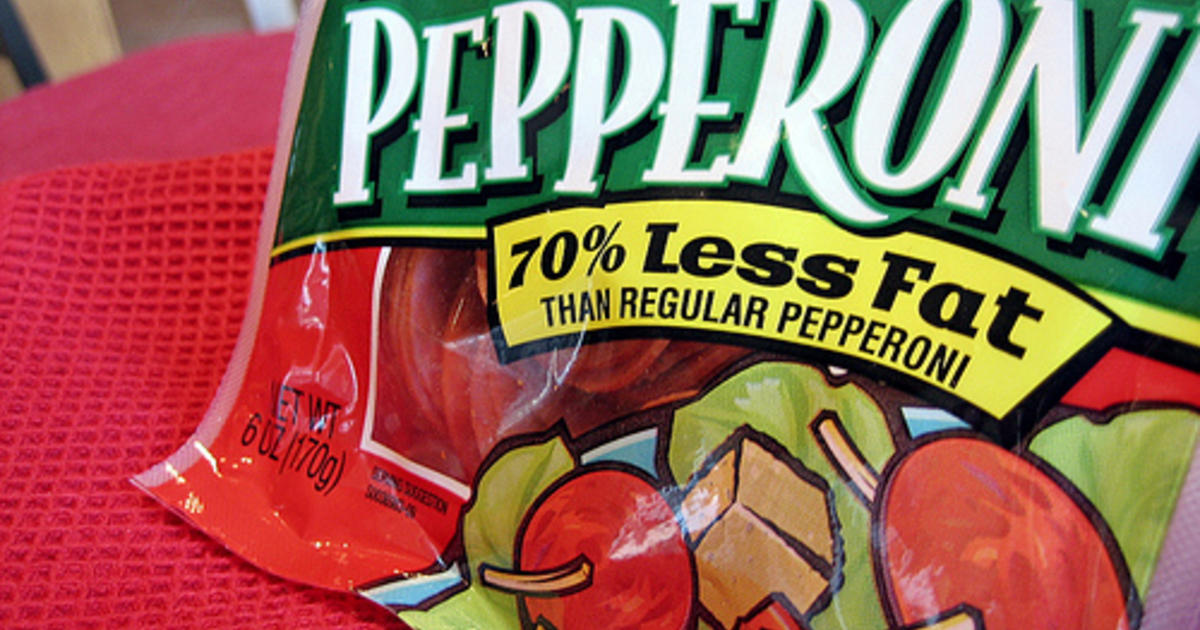
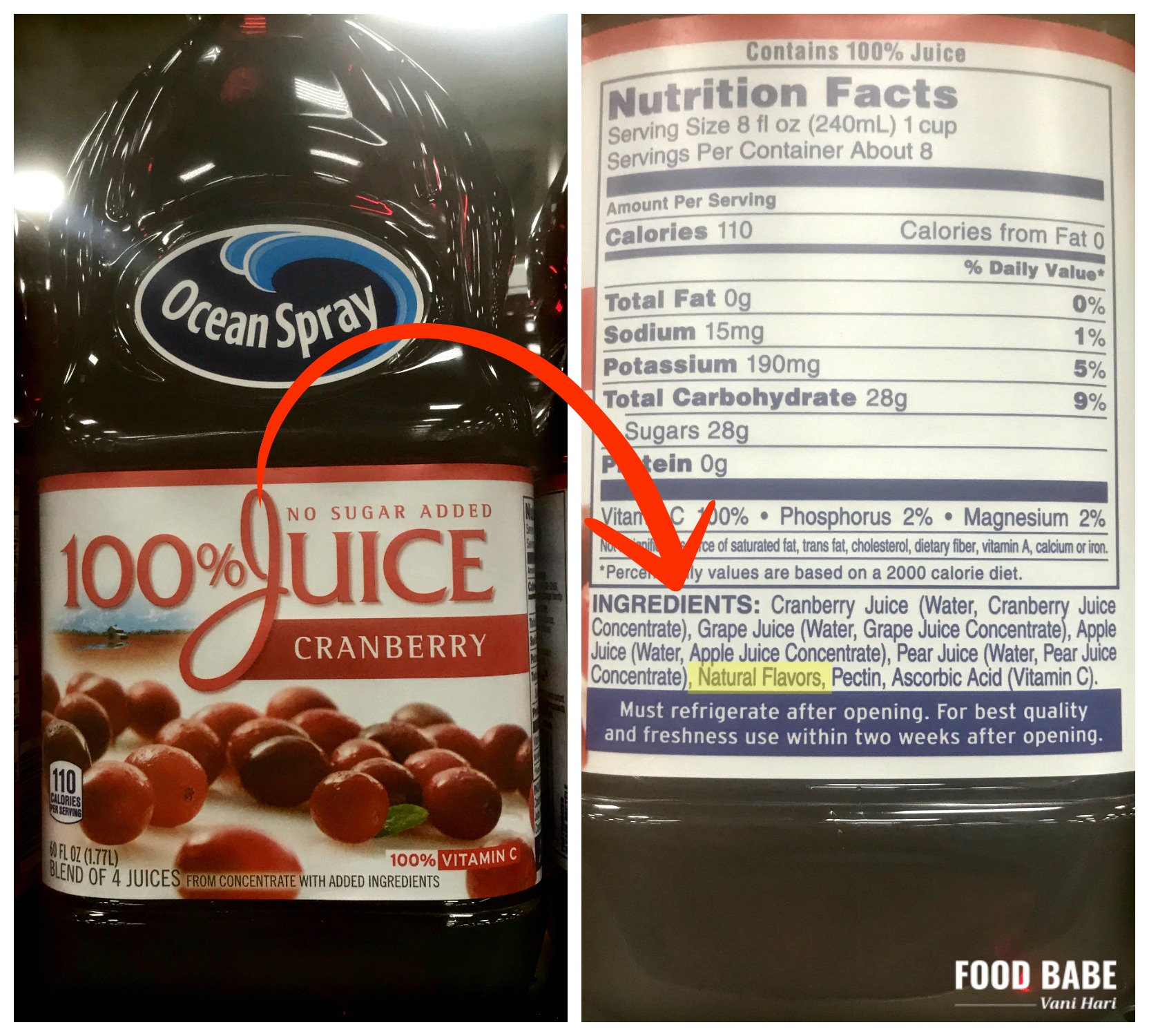


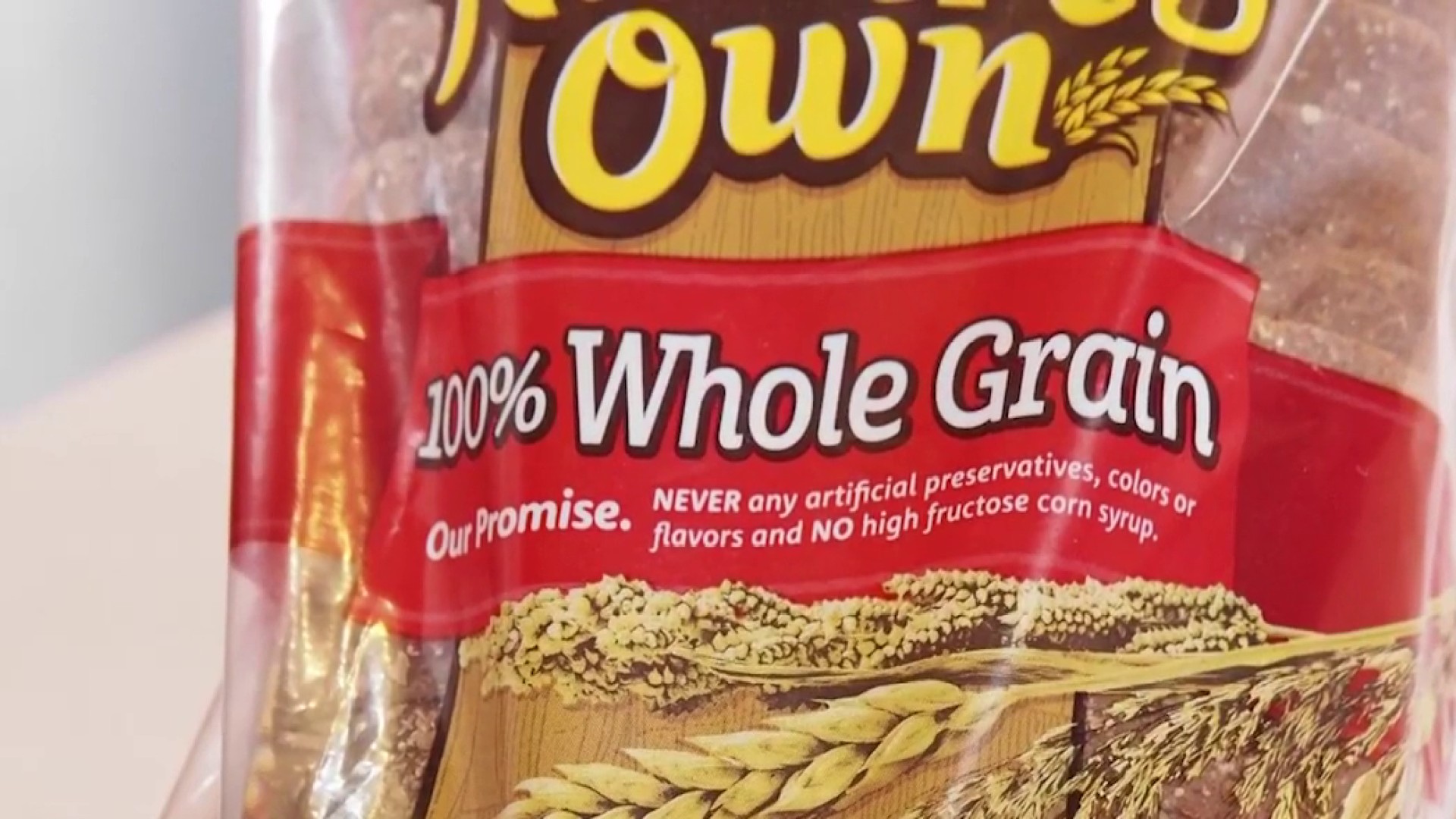
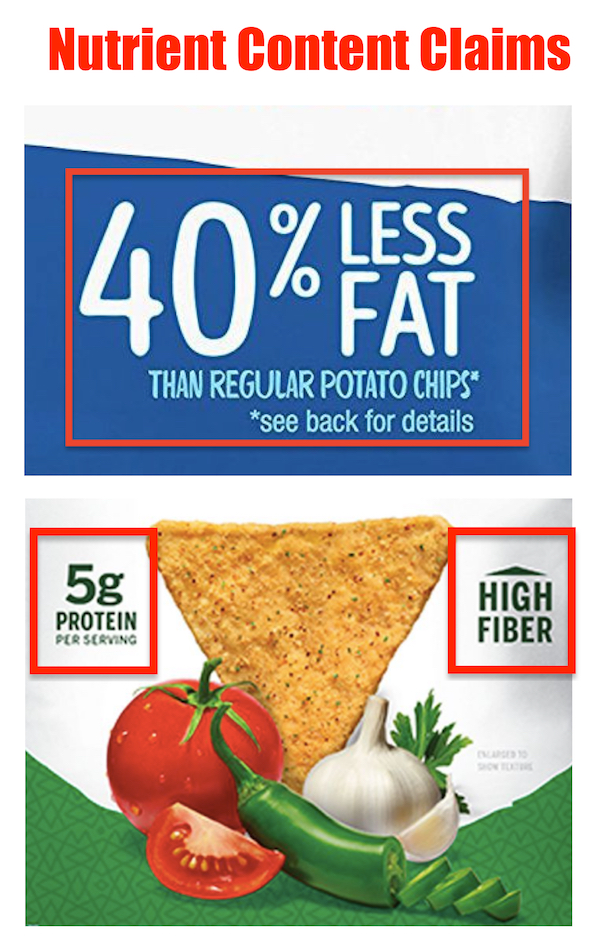
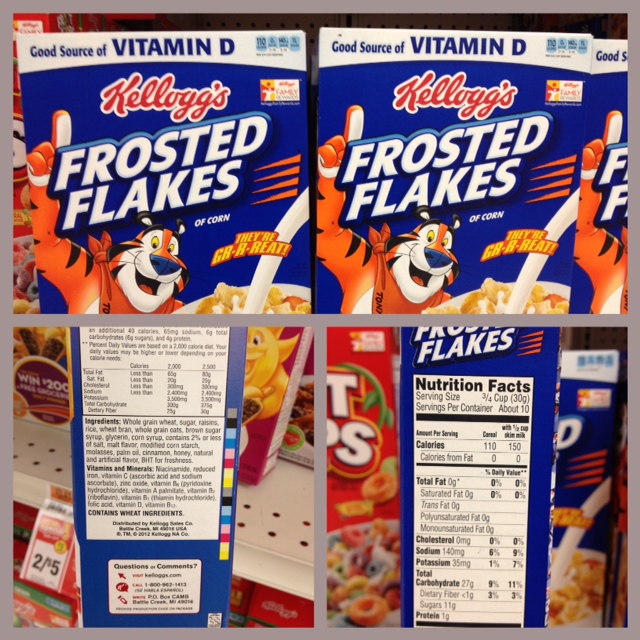


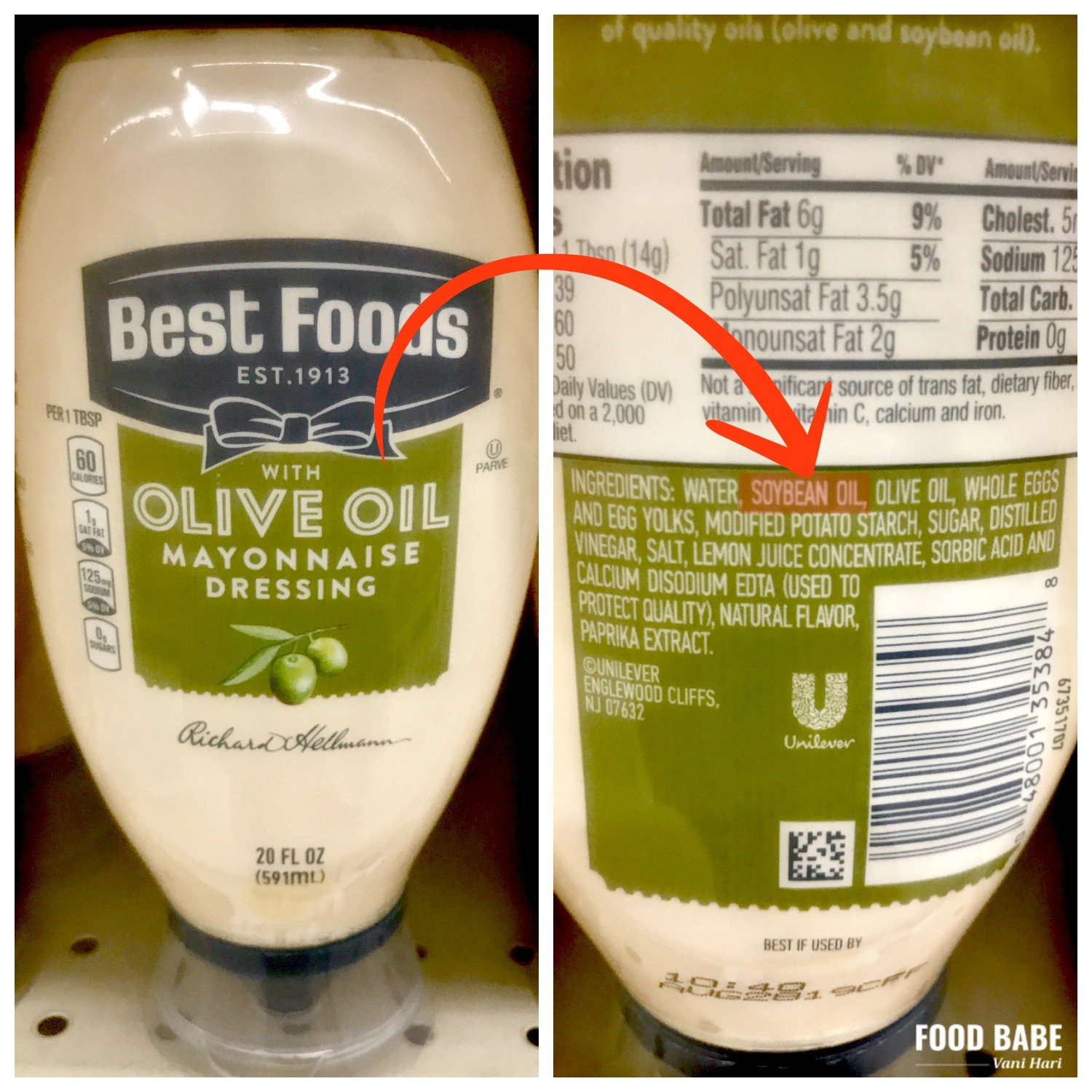
:max_bytes(150000):strip_icc()/whole-wheat-bread-400x400-36fa3e31a83c4dda83bb61e9d41fb969.jpg)


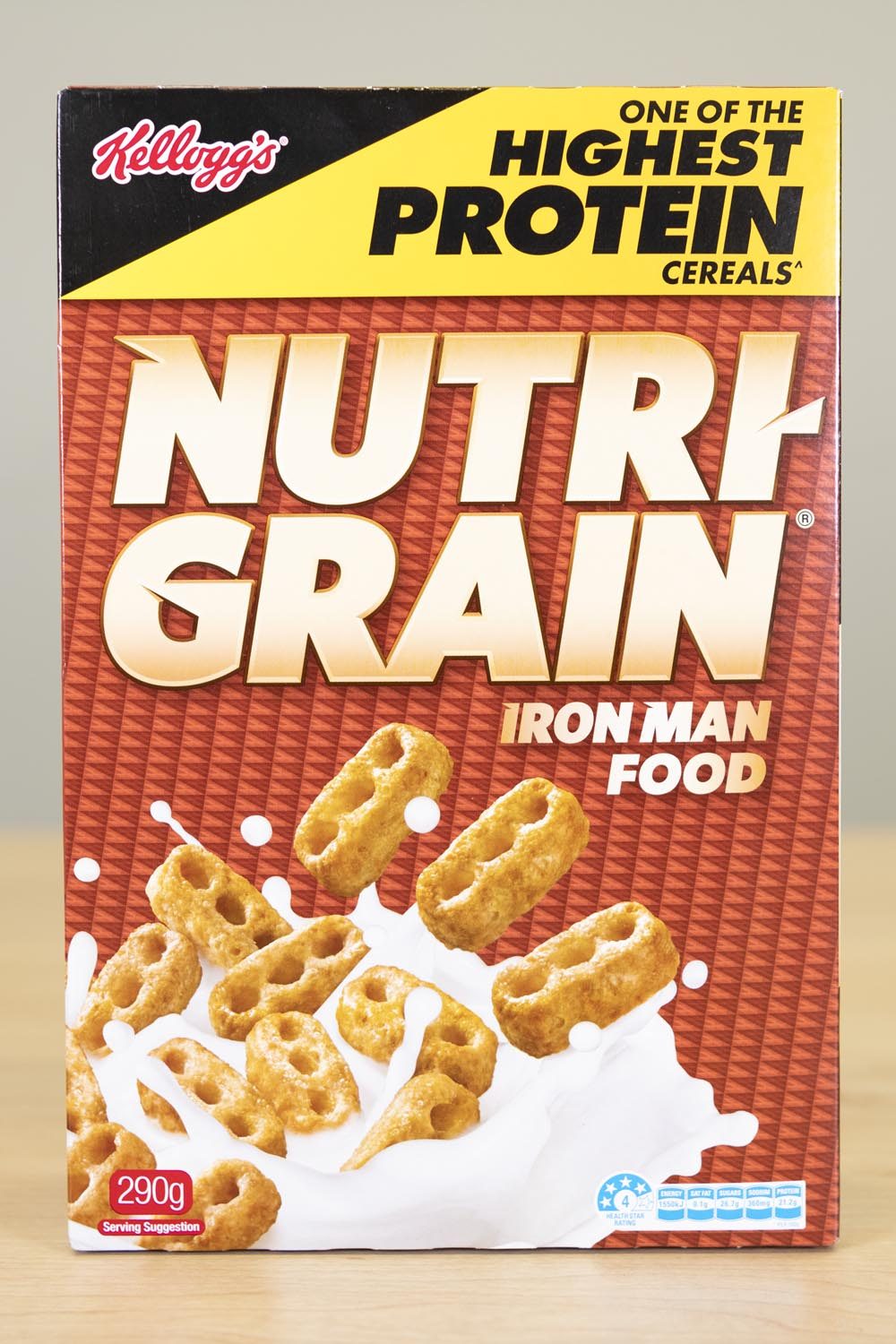

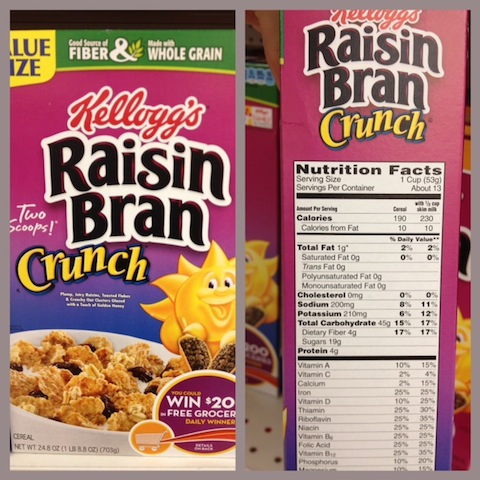

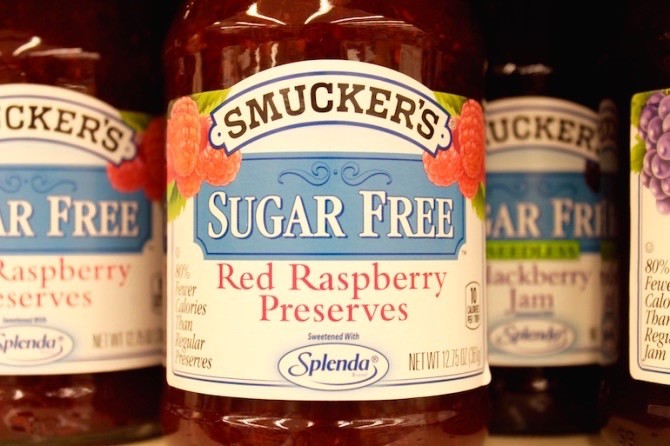
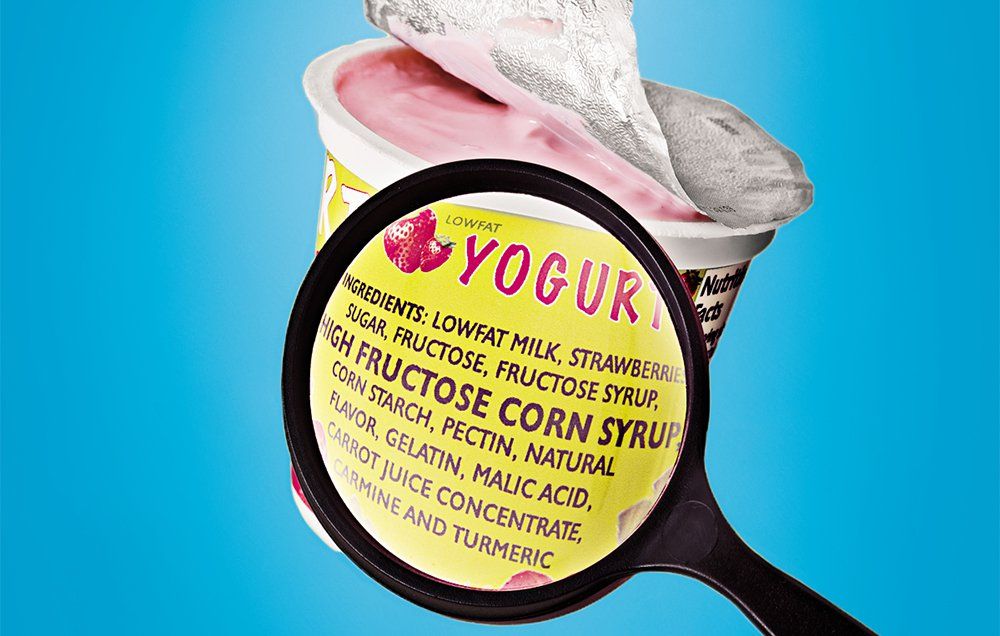
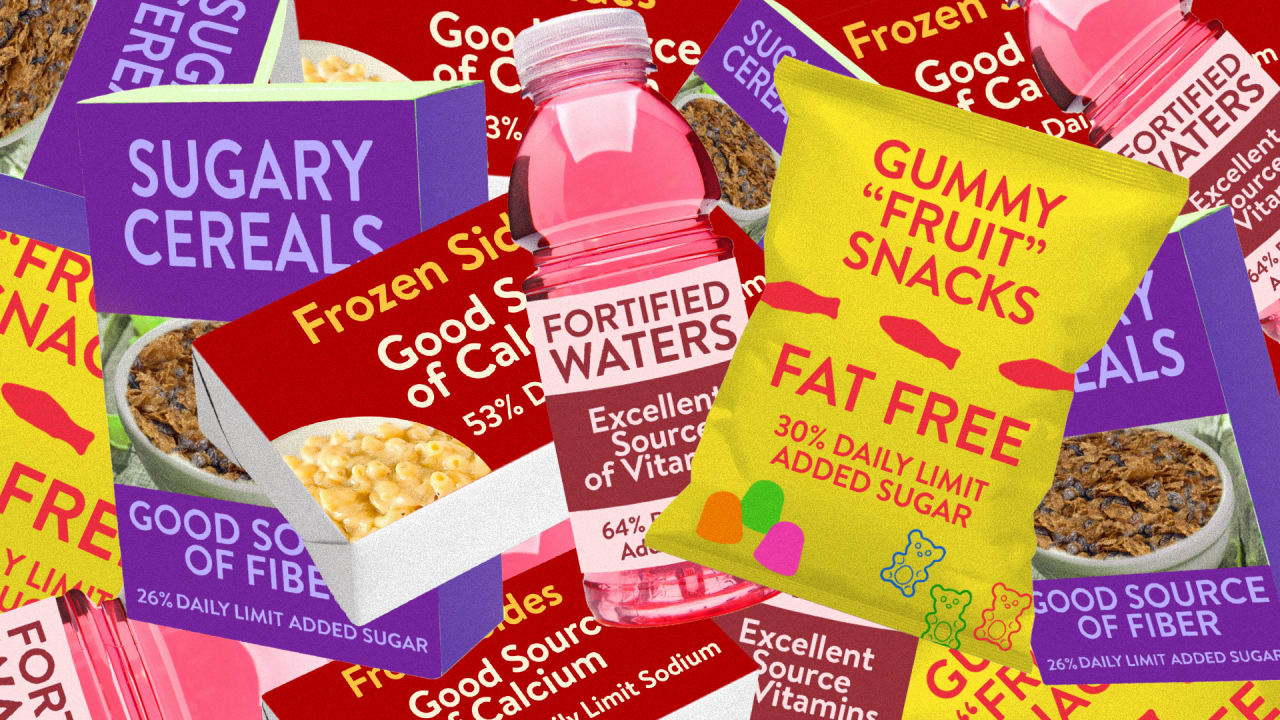

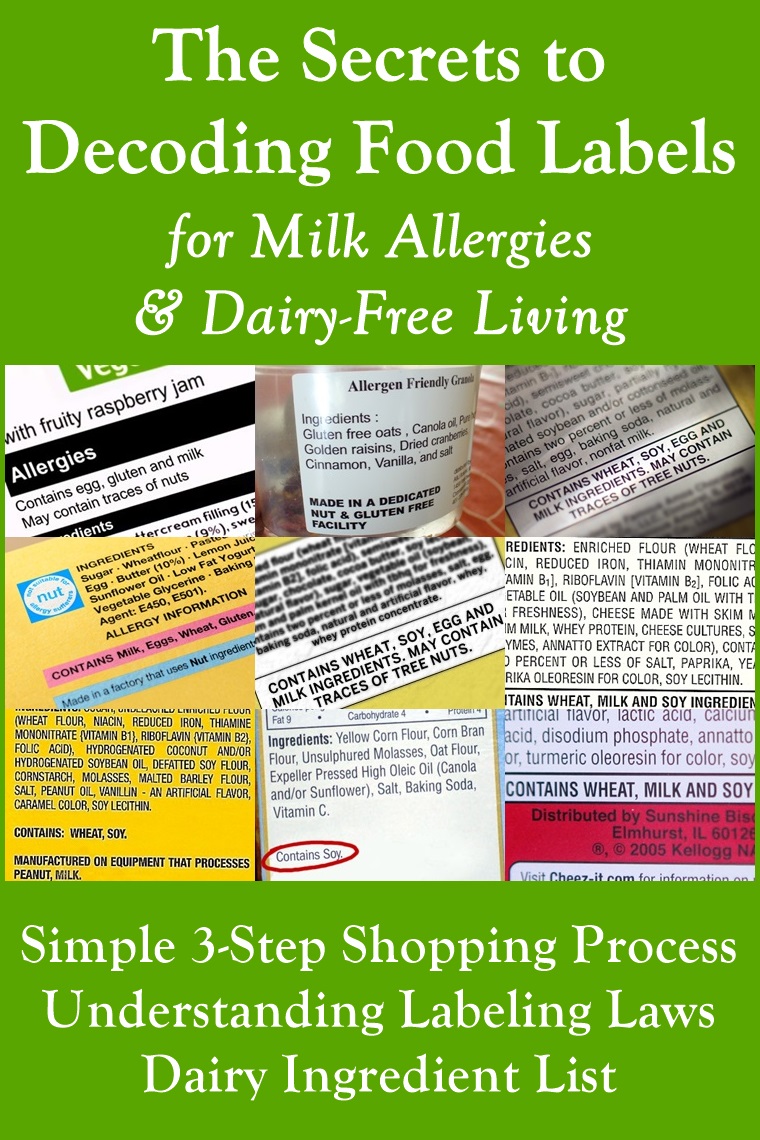


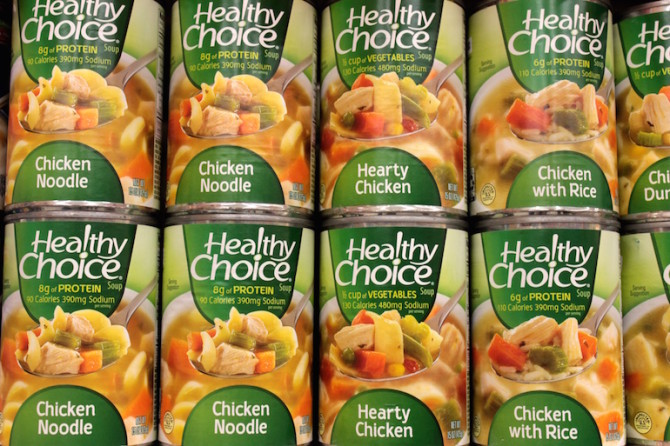
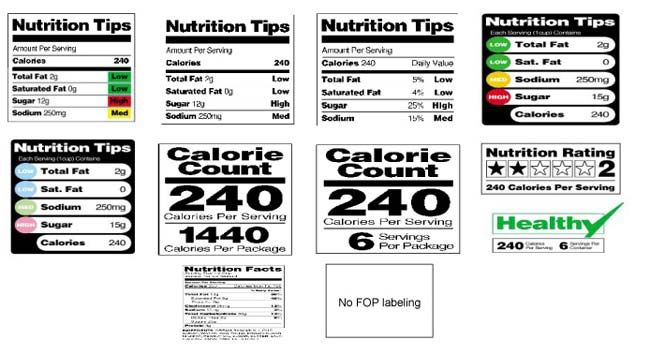



:max_bytes(150000):strip_icc()/oreo-sugar-free-400x400-1679202a775547cabf7be9d8385198a6.jpg)
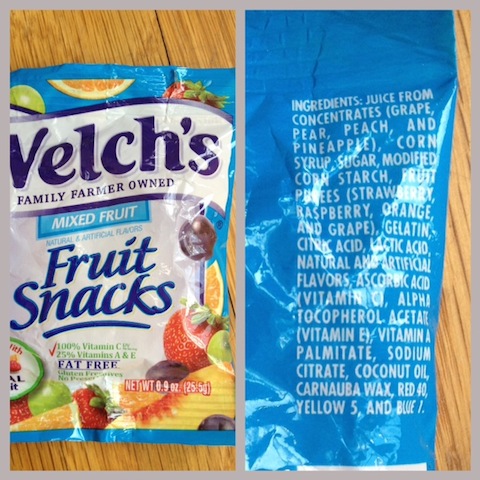
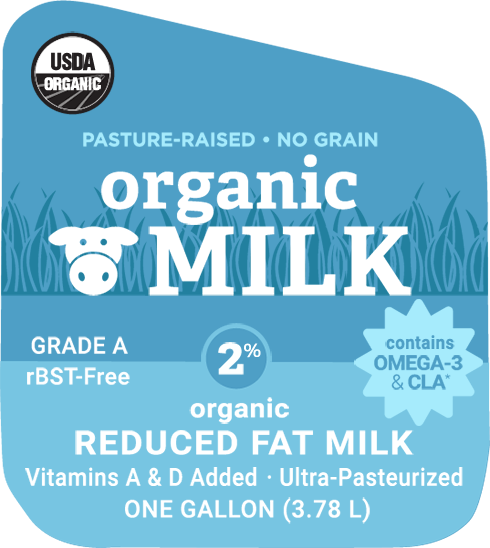


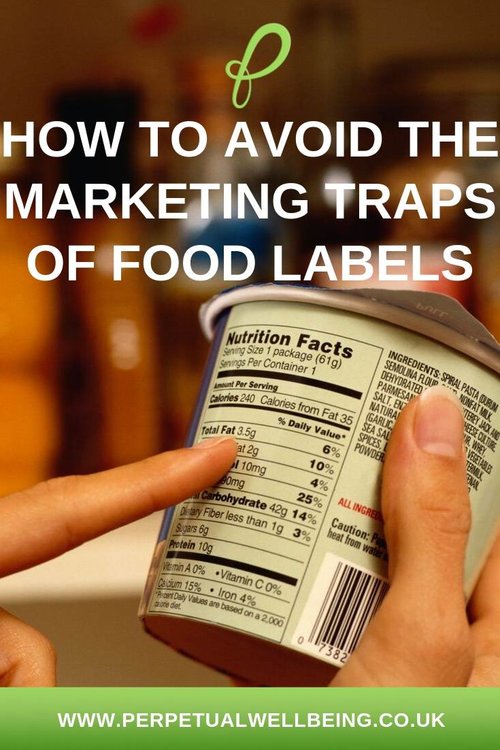
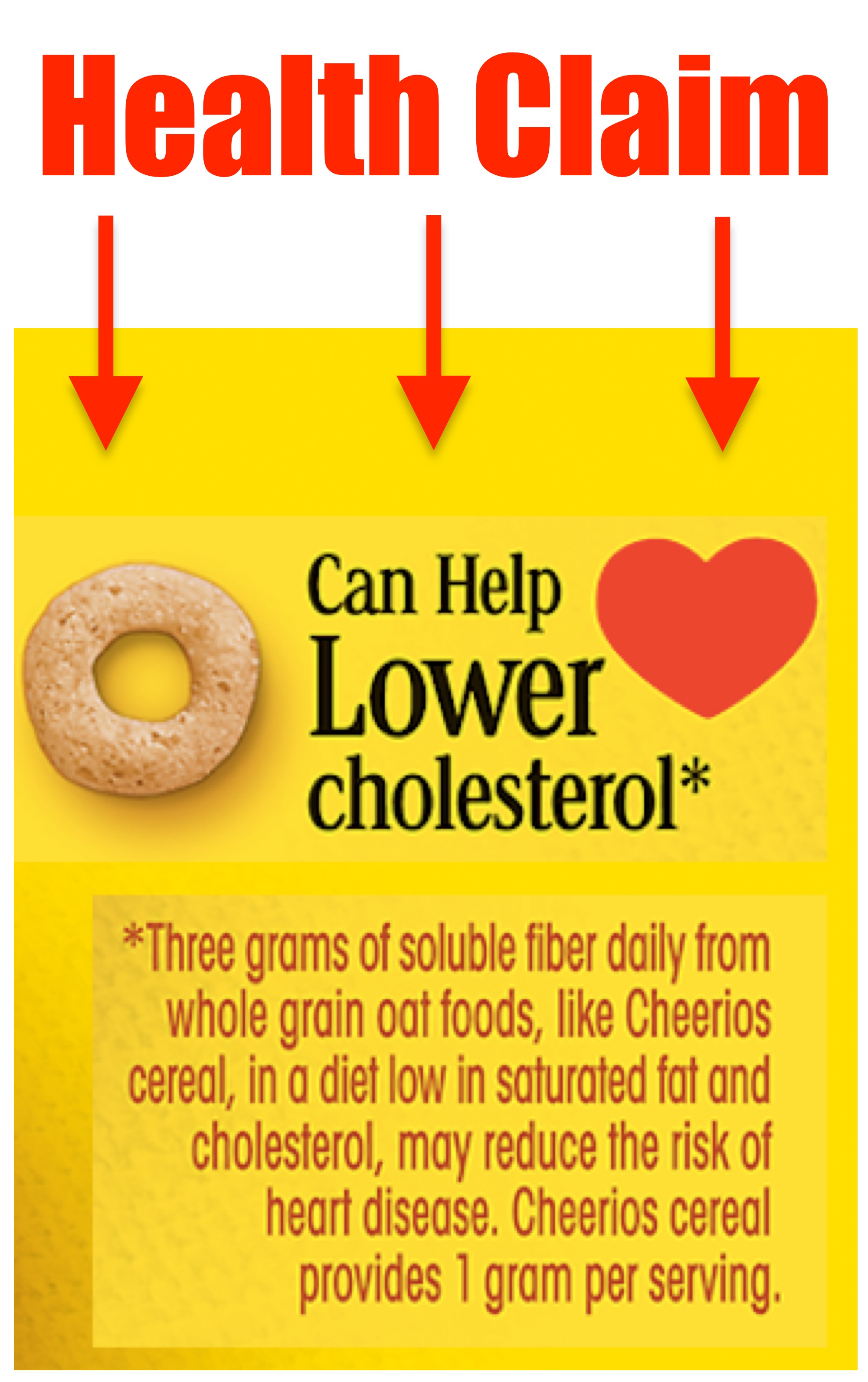
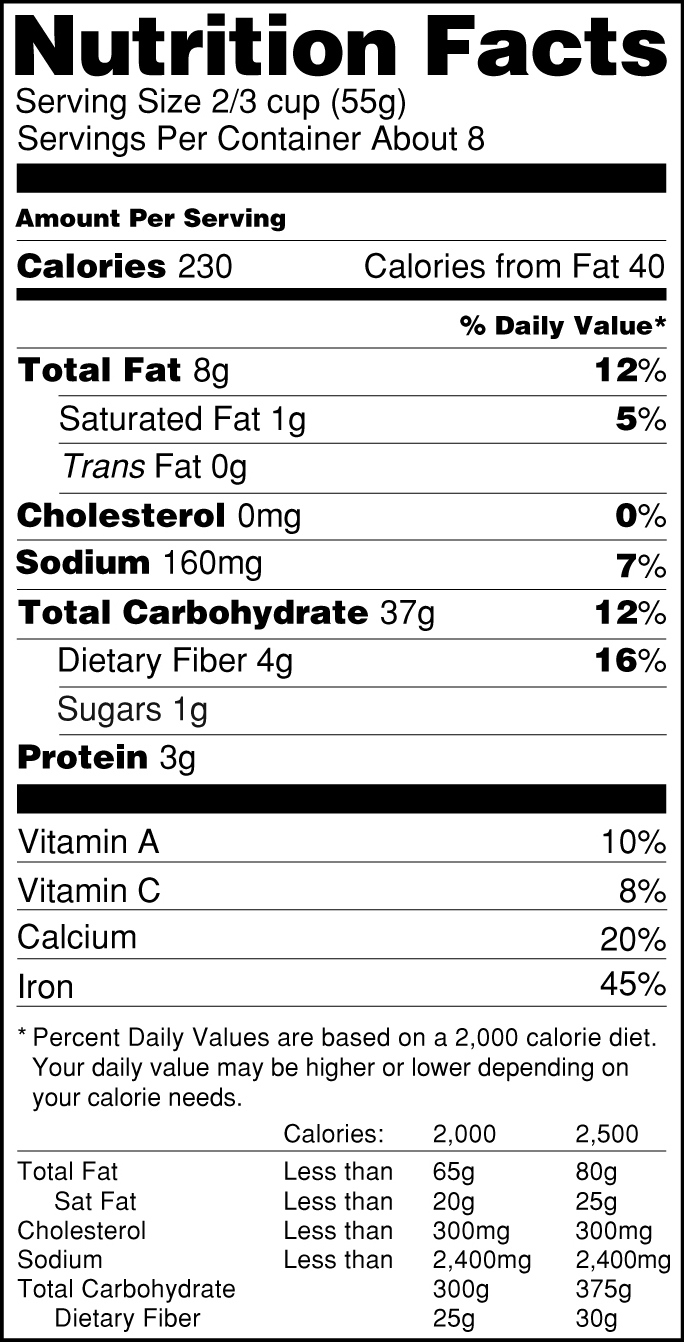



:max_bytes(150000):strip_icc()/juicy-juice-no-sugar-400x400-b1fb04c46e9e4c8392ce8881614c021a.jpg)


Post a Comment for "45 misleading claims on food labels"